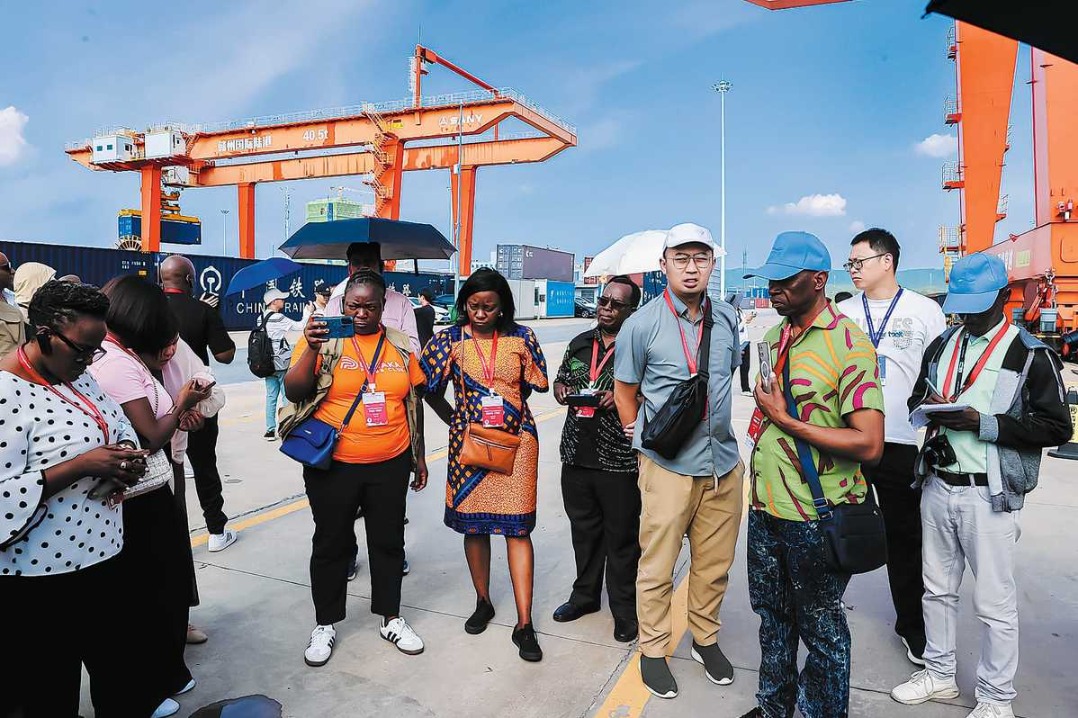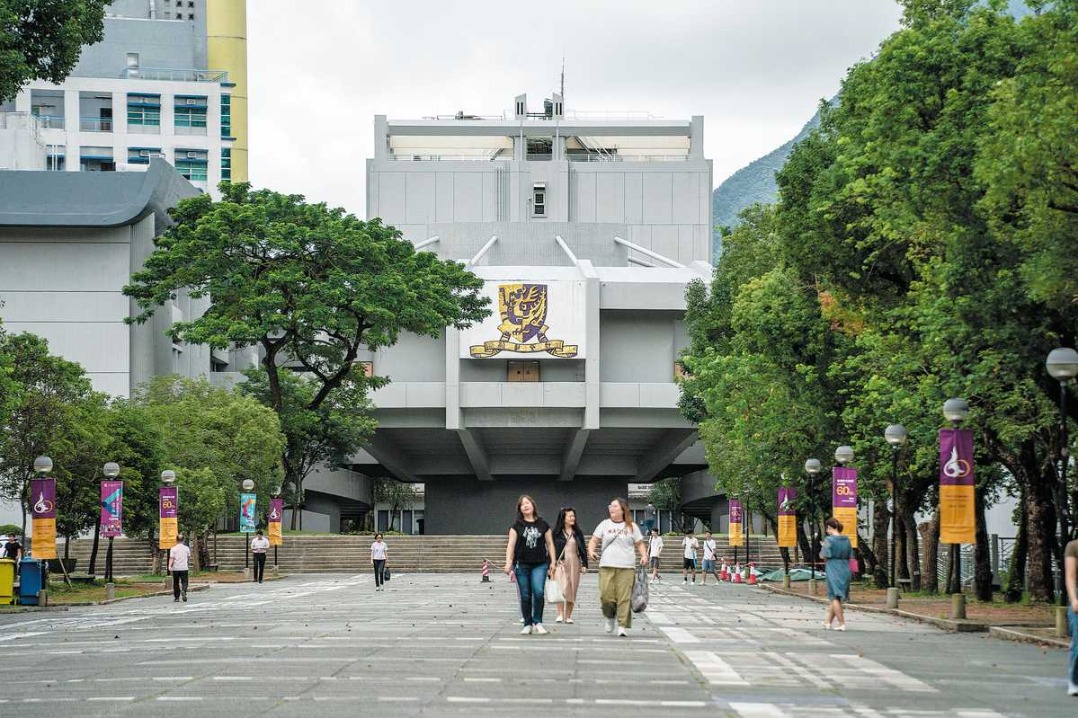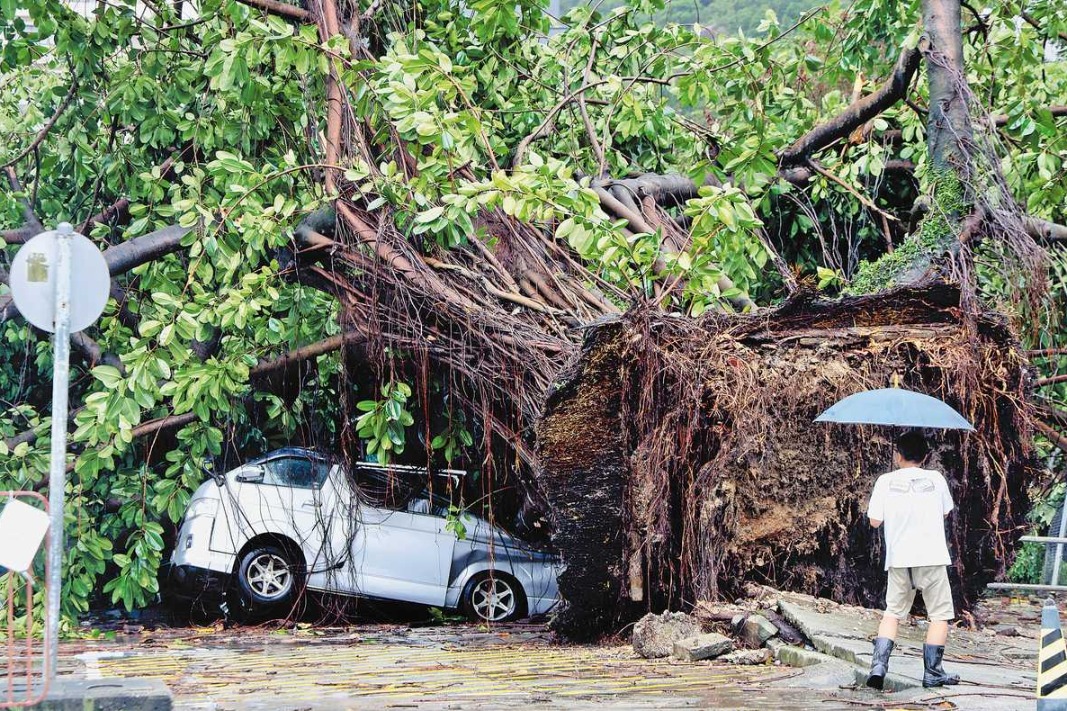Cooperation vital for East Asia


Editor's note: The 2024 International Forum on Regional Cooperation and Development of China, Japan and South Korea and the 21st Northeast Asia Management and Economics Joint Conference was co-hosted by Beijing Foreign Studies University and China Daily from Friday to Saturday. Following are excerpts from the speeches delivered by some of the attendees:
High-tech cooperation crucial for China, ROK
The era of technological competition has arrived, and the vigorous development of national strategic technologies has become a lever for competition between nations. South Korea is committed to developing 12 national strategic technologies through inter-agency collaboration and public-private joint research and development efforts, aiming to become one of the world's top five technology powerhouses by 2027.
Furthermore, South Korea will strengthen its scientific and technological cooperation with China, fostering a cooperative relationship based on mutual benefit and focusing on complementary cooperation in high-tech industries to leverage the significant roles of both countries in the global technology ecosystem.
Haeng-A Seo, chief representative of Korea-China Science & Technology Cooperation Center
Seoul and Beijing should jointly set AI standards
China has been expeditiously developing an independent AI semiconductor industry, including building AI semiconductor industry clusters. It is important, therefore, that South Korea-based small and medium-sized enterprises participate in these clusters and integrate with China's AI semiconductor ecosystem and the country's semiconductor market, the largest in the world.
While local governments are playing a crucial role in this process, the central government appears potentially constrained by the escalating US-China differences. However, the central government should take the lead in setting standards and implementing regulations for AI technology, including AI semiconductors, perhaps in collaboration with major enterprises, because local governments often act in response to market demands, without keeping long-term market requirements in mind.
The recent AI Seoul Summit has been praised for its efforts to set global AI safety standards. However, a strategic approach is required to set global AI technology standards. The South Korean government's commitment to develop more than 250 international standards across 12 advanced industrial sectors by 2030, including semiconductors, AI, future vehicles, robotics and quantum technology represents a significant stride in this direction.
So South Korea and China should collaborate to set new, appropriate AI technology standards, fostering innovation and cooperation in this rapidly evolving field.
Nam Eunyoung, a professor at Seoul-based Dongguk University
































